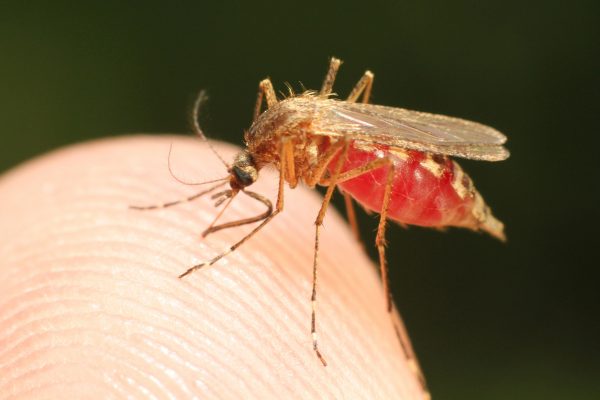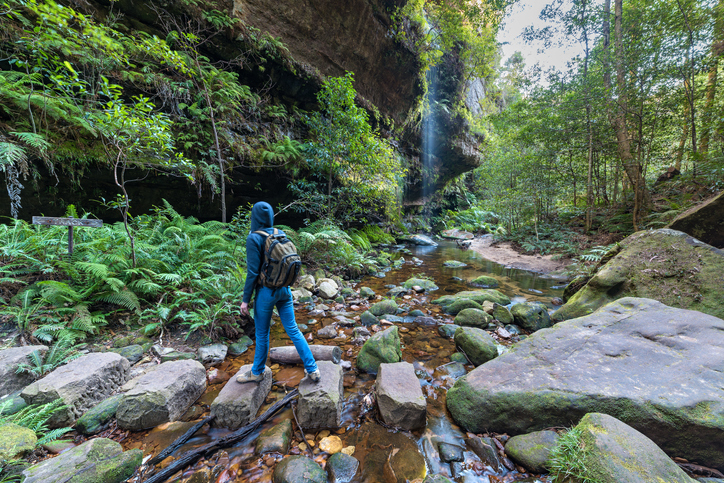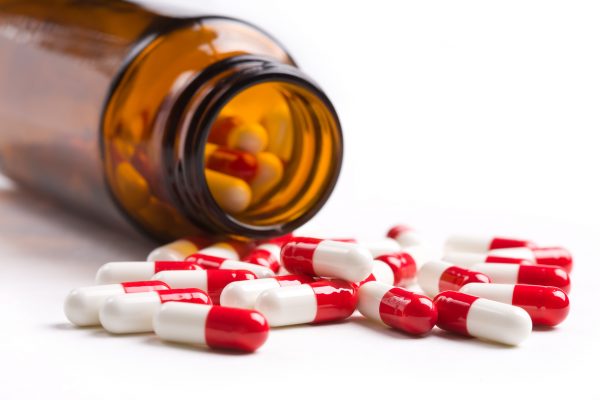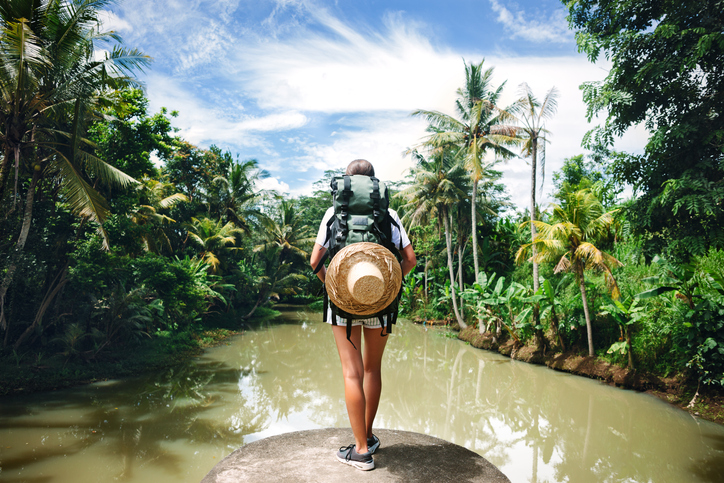Malaria – What You Need to Know

Malaria has been known to cause a fever and problems with the muscles and joints. A person who catches malaria might feel extremely ill and unable to do the normal activities they are used to.
But perhaps the worst part about malaria is that this tropical disease can be caused simply by the bite of a mosquito. Mosquitos are not only pesky flying bugs, but they are known to transmit deadly diseases, and they seem to be everywhere – worldwide. Not only can mosquitoes transmit malaria, but they have also been known to transmit many other diseases.
Mosquitoes are hard to spot and are sometimes so incognito it is often hard to detect when they are around. It is smart to stay away from still bodies of water, as these usually contain a large volume of bugs and mosquitos.

When you are in a tropical environment, before you head out, it is imperative that you equip yourself with tea tree oil, a natural oil derived from a tree, as mosquitos hate the smell and are then often repelled. Chances are they will steer far, far away from you.
There are other holistic approaches that you can take when it comes to repelling mosquitoes, and these tactics include natural oils such as manuka oil.
Tea tree oil is derived from Australia, while manuka oil is derived from New Zealand. These natural oils come from the plants that our precious earth provides. If you can’t find these oils beforehand, then be sure to cover up.
On another note, it is wise to equip yourself with long pants and long sleeves on your upper and lower body. Simply don’t give pesky mosquitoes a chance to bite you. In this sense, preventative care is always your best bet before you go out to explore the wondrous tropical environment that is meant to be explored.

You can also go the extra mile and go to an outdoorsy type of store and buy mosquito clothing and bedding nets before you arrive at your tropical destination. You can use the nets to place around your bedding at night. This way, while you sleep the mosquitos won’t quietly sneak up on you.
Mosquito clothing is thicker than your normal shirts and pants and is definitely thick enough to elude mosquitos and their small needle-like bite and provide extra protection. Some people do not like to apply the chemically-made mosquito repellent DEET to their skin to repel mosquitos, because after all, DEET does contain man-made chemicals, and as you know, everything you add to your skin will eventually be absorbed by your skin into your system.
Tea tree oil and manuka oil contain antibacterial, antifungal, and anti-inflammatory properties. We highly recommend that you carry these small essential oils with you. If you happen to get a mosquito bite or another skin irritation, these natural oils will help you heal from the tropical skin disease that you just obtained.
It may take some time for your skin and body to absorb these natural oils. Just have patience and rest if necessary. We have plenty of natural properties that can heal common tropical diseases that often arise.
Because malaria is often carried by mosquitos, it might also be wise to carry antibiotics on you before you attend a tropical island. Having antibiotics will definitely aid you in the treatment of malaria.

Remember: when you are on a tropical island, you may be farther away from doctors. Having the right type of holistic knowledge in the first place is crucial to your long-term survival. At the very least, educated holistic knowledge will be able to tide you over for longer before you are able to reach a doctor for full support.
Malaria can cause diarrhea, nausea, and vomiting. If you experience symptoms, confirm that you do indeed have mosquito bites, and then the next step is to begin treatment by using antibiotics.
If you can’t get antibiotics, it is highly recommended you seek natural antibiotic foods and herbs. We also stress that you seek a doctor’s advice before you leave to a remote tropical island. To be more specific, tell your doctor the location that you plan to travel to, tell them any health issues that you may have, and they will then provide you with the proper shots and vaccines that you may need beforehand to hopefully prevent malaria before it even happens.

Don’t be afraid to head to a tropical environment just because you are threatened by what could happen. Instead, enjoy yourself! Just learn how to properly deal with and handle the possible tropical diseases that may flood your way. This knowledge will not only be beneficial to you, but it will also help you protect your family members as well.
If you are unsure if malaria is causing your symptoms, then other signs to look out for include: a headache, a fast heart rate, and confusion in conjunction with sweating. Ask your primary care doctor to provide you with antimalarial drugs before and after your trip. Once you do this, follow the mosquito preventive tactics we listed above, cover up, and you and your family should be fine when it comes to avoiding malaria.

There have been studies that suggest that garlic bulbs & cinnamon can also be used to treat malaria, but unfortunately this theory has not been tested on too many subjects. Therefore, it is still advised to use antibiotics and antifungals instead.
One last tip: stay fully hydrated when you have contracted malaria. Drinking a lot of water and staying as hydrated as you possibly can is one of the very best things you can do to help alleviate the symptoms of malaria.
People have died from malaria in the past, but keep in mind that it is not necessarily a death sentence due to new and advanced research and medicine that is now available.
